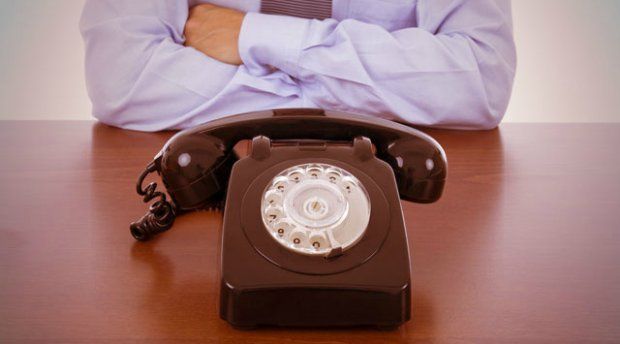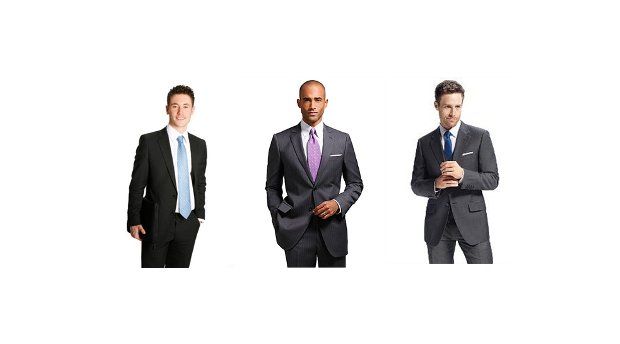Post Interview Tactics
Post Views 3So you’ve gotten your foot in the door and had an initial interview with a prospective employer. The interview has finished and now you sit there wondering what’s next. At this point, many people begin dissecting the interview in their minds and second-guessing themselves as to their answers, demeanor and even body language. It is certainly useful to reflect on the interview, but it should be done in a productive way. There is no use stewing about what has already happened – better to think about ways to improve in future. Here are some tips that may help you focus your post-interview energies in a positive and useful way.
IMMEDIATELY POST-INTERVIEW
Don’t fret about the interview:
This is perhaps the most important tip we can give. Post-interview anxiety can be tremendous, especially if pressures are mounting in your current position or you have been searching for work for an extended period. Take a deep breath and remind yourself that, during the interview, you conveyed to the employer, to whatever degree, a sense of your own unique personality and qualities. This is something you cannot fail. If you ultimately don’t get the job, then better to know at the outset that there may not be a fit rather than when you’ve actually taken the position.
Write down your impressions of the interview:
It is good to keep a written record of the interview while it is still fresh in your mind. You can refer to this record when giving feedback about the interview to your recruiter and also use it for future reference to prepare for a possible second interview and, over the long term, to improve your interview technique.
Follow up with a thank you:
Always make sure that you are able to obtain the interviewer’s full contact details (probably easiest by asking for a business card) so that you can send a short thank you note. This serves a few purposes. First, it keeps your name at the forefront of the interviewer’s mind and, perhaps just as importantly, it conveys your professionalism and courtesy – both could ultimately mean the difference your between getting the job or not.
Be prepared for further interviews:
Some employers will move very quickly after initial interviews and may conduct a second interview immediately afterwards, or want to give you a guided tour of the premises. If you do have the opportunity to return at a later date then this means doing more in-depth research on the firm or company and, just as importantly, determining in your own mind how serious you are about the position. Often times, it is not until candidates receive an offer that they actually think about the stark reality of switching jobs. Uncertainty sets in with the result that, when you do get that offer, your decision is delayed. This delay may leave a bad taste in the employer’s mouth whether or not you accept the offer. Rather than go down that road, start thinking about your degree of interest in the job now.
Line up references:
If you have not done so already, you should begin contacting your references so that, in the event that the process expedites, you and your references will be prepared for the employer’s call. Of course, your referees from your current employer need not be forewarned at this stage as you do not want to disclose your hand too early. You would normally wait until you know that an offer is definitely coming (or is in front of you) before contacting these references.
THE SECOND INTERVIEW
Review your resume:
Prior to going for a second interview, you may want to review your resume again so that you are prepared to discuss your background in greater detail. This is useful since, oftentimes, a first interview is a preliminary meeting used to determine if there would be a fit within the organization based on your personality and demeanor. The second interview may delve more deeply into your actually experience and qualifications.
Obtain feedback:
You may also want to obtain feedback from your recruiter as to the employer’s initial impressions of you so that you can attempt to improve or clarify any perceived weaknesses. Ultimately, however, you should not tailor your answers or demeanor to the extent that you are a different person. Be yourself.
Show passion and interest:
This may seem trite, but you would not believe the number of candidates who, after making it past the initial interview, jeopardize their chances for a position by not conveying to the interviewer at the second interview, the requisite zest or energy for the position. This is a sure sign that you have not completed the thinking process in your own mind as to how committed you really are to the job. Remember that chances are this will come across no matter how hard you try to hide it.
Ask about the interview process:
Do make a point of inquiring with the interviewer how many more steps there are in the process, what those steps are and the timeframe for the entire process. This not only shows to the interviewer that you are forward-thinking and organized, but also allows you to plan your own time in order to accommodate any further steps in the process.
Post Interview Tactics by Granted Contributor



 How to Learn Your Potential Supervisor’s Management Style in a Job Interview
How to Learn Your Potential Supervisor’s Management Style in a Job Interview  Investment Banking Interview Prep – How to Ace Your Investment Banking Interviews
Investment Banking Interview Prep – How to Ace Your Investment Banking Interviews  How to Negotiate Your Compensation Package During an Interview
How to Negotiate Your Compensation Package During an Interview  How to Follow-Up after Interviews
How to Follow-Up after Interviews  Top 5 Lessons of Mock Interviews: Don’t Make These Mistakes
Top 5 Lessons of Mock Interviews: Don’t Make These Mistakes  How to Prepare for a Panel Interview
How to Prepare for a Panel Interview  Your Job Candidates Will Not Tell You These Thoughts
Your Job Candidates Will Not Tell You These Thoughts  Men’s Style – What to Wear for an Interview
Men’s Style – What to Wear for an Interview